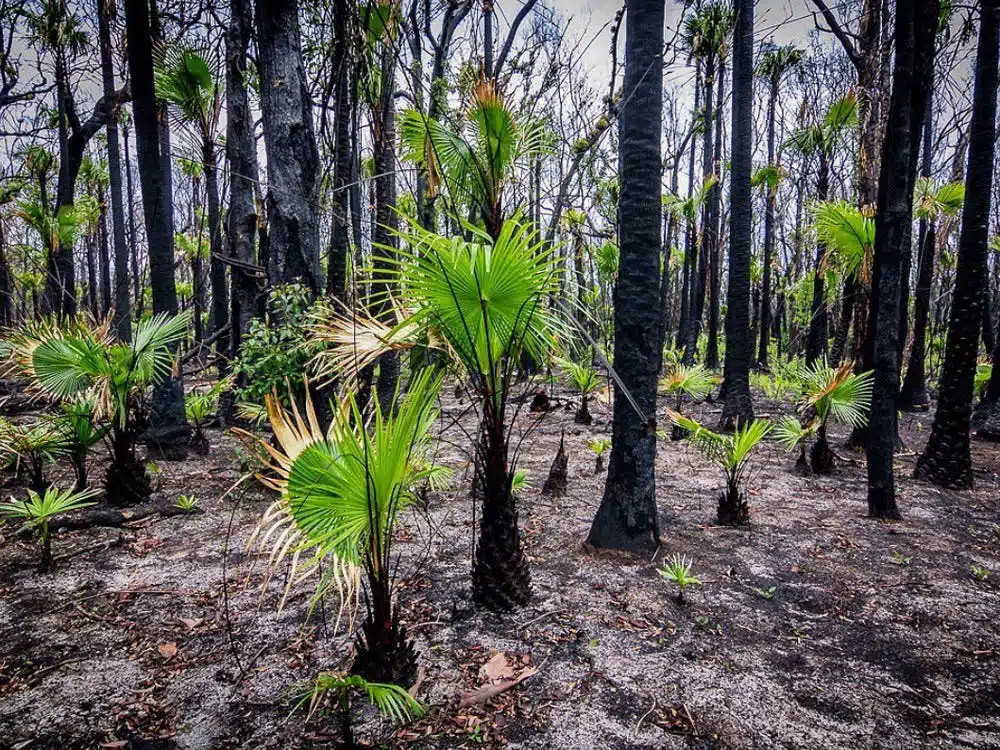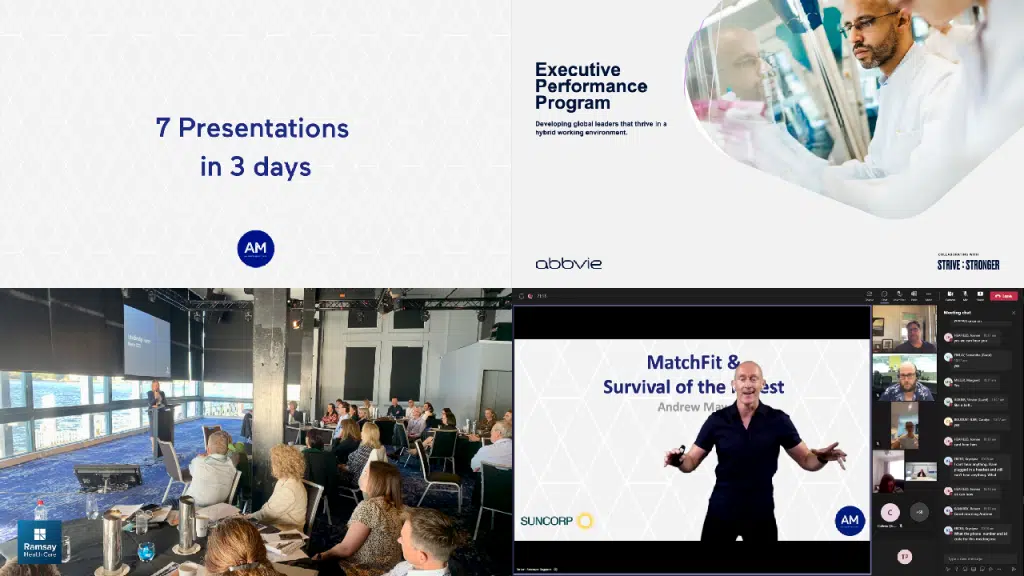Over the previous two years the COVID-19 pandemic has challenged our personal and professional lives. With WFH, home schooling, lockdowns and for many people not seeing family or loved ones, the pandemic has challenged us all.
As many Australians begin to get their heads around a new hybrid working model, is it time to start looking at some of the positives the pandemic has taught us? And could we even start to experience post-traumatic growth?
The definition of post-traumatic growth (PTG) was developed by psychologists Richard Tedeschi, PhD, and Lawrence Calhoun, PhD in the early 90’s. The theory of PTG suggests that people can emerge from trauma or adversity having achieved positive personal growth. It’s a comforting idea in the best of times. But it holds particular appeal as we live through a pandemic and attempt to make meaning of what has happened over the previous two years.
Growing Through the Tough Times
PTG is the positive growth that can happen as a result of our struggles through adversity. We can recalibrate our priorities, reconnect to ourselves and those around us, we can rediscover our sense of meaning and purpose and we can become more resilient.
Think of PTG like Kintsugi, the traditional Japanese art where artisans fill the cracks in broken pottery with gold or silver, transforming damaged pieces into something more beautiful than they previously were. Think of post-traumatic growth like kintsugi for the mind.
PTG can benefit us on a number of levels including[1]:
- Personal strength: “People are often surprised by how well they have handled trauma. They are left better equipped to tackle future challenges.”
- New possibilities: “When new realities prevent the resumption of old habits, roles, and strategies, we must adapt and innovate.”
- Improved relationships: “Trauma can help forge new relationships and make people more grateful for the ones they already have. Coming through a crisis together is a bonding experience.”
- Appreciation for life: “When confronted with fear and loss, we often become better at noticing what we still have but may have previously overlooked.”
- Spiritual growth: “This comes from reflection on the “big questions” that are often ignored in the routine of daily life.”
“As we move through the current health and economic crisis, consider how you can reinforce—to yourself and others—the recognition that it may have a positive as well as a negative impact,” Tedeschi suggests.
After struggle and challenging times, we can recalibrate our priorities, reconnect to ourselves and those around us, we can rediscover our sense of meaning and purpose and we can become more resilient. By no means do I want to trivialise the experience people have had, but is it time to start making meaning of the past two years and looking for the lessons?
A Definition of Post-Traumatic Growth
Post-traumatic growth is a psychological transformation that follows a stressful encounter. It is a way of finding the purpose of pain and looking beyond the struggle.
Richard G. Tedeschi and Lawrence Calhoun coined the term ‘post-traumatic growth’ in the mid-90s at the University of Carolina. According to them, people who undergo post-traumatic growth flourish in life with a greater appreciation and more resilience. They define PTG as a positive psychological change in the wake of struggling with highly challenging life circumstances (Tedeschi and Calhoun, 2004).
PTG involves life-altering and favorable psychological changes that can potentially change the way we perceive the world. It comes with a new understanding of life, relationships, money, success, and health. Post-traumatic growth goes beyond acknowledgment or acceptance. It entwines personal strength and self-dependence; and while the pain may still be hurting, we get a new way of redirecting the pain to something useful for us.
The positive transformation of PTG reflects in one or more of the following five areas:
- Embracing new opportunities – both on the personal and the professional front
- Improved personal relationships and increased pleasure derived from being around people we love
- A heightened sense of gratitude toward life altogether
- Greater spiritual connection
- Increased emotional strength and resilience
Time for Reflection
According to philosopher John Dewey, reflection bridges the gap between experience and self-awareness. What we do with this awareness is key.
In an article for Harvard Business Review[2], Jennifer Porter, the MD of American leadership and development firm, the Body Group, writes: “Reflection gives the brain an opportunity to pause amidst the chaos, untangle and sort through observations and experiences, consider multiple possible interpretations, and create meaning. This meaning becomes learning, which can then inform future mindsets and actions.”
I often liken it to looking in the rearview mirror while we’re driving. We need to spend most of the time focused on what’s in front of us but glancing in the rear-view mirror is important too as it brings our awareness to what’s around and behind us so we can make better decisions.
As well as helping to untangle the chaos, create meaning from our experiences and inform our decisions about the future, research has shown people who pause to reflect are typically happier and more productive.[3]
My COVID Experience
Personally, our business StriveStronger was forced into an entirely new way of operating. Yes, we lost over 90% or revenue and yes, we were a few weeks away from closing shop. But the challenges of the last few years have built a much stronger digital business and we have never had more opportunities to grow the business.
I have a bunch of clients who lead large teams starting to reflect upon how they never want to go back to how it was pre-COVID. The jolt of the pandemic has also forced them to review previous operating rhythms and corporate behaviours, some that have been blindly followed for close to 100 years. We are now challenging the notion of working 9 to 5, why do we need to go into an office 5 days a week, and how can we keep the flexibility and increased connection with family many people have had while WFH while we transition into the new hybrid working model.
Psychology teaches us suffering and struggle have transformative power. Think about the biggest lessons in your life so far. I’m sure most of them have come after pushing through challenging times and coming out the other side, stronger.
[1] https://hbr.org/2020/07/growth-after-trauma
[2] https://hbr.org/2017/03/why-you-should-make-time-for-self-reflection-even-if-you-hate-doing-it





